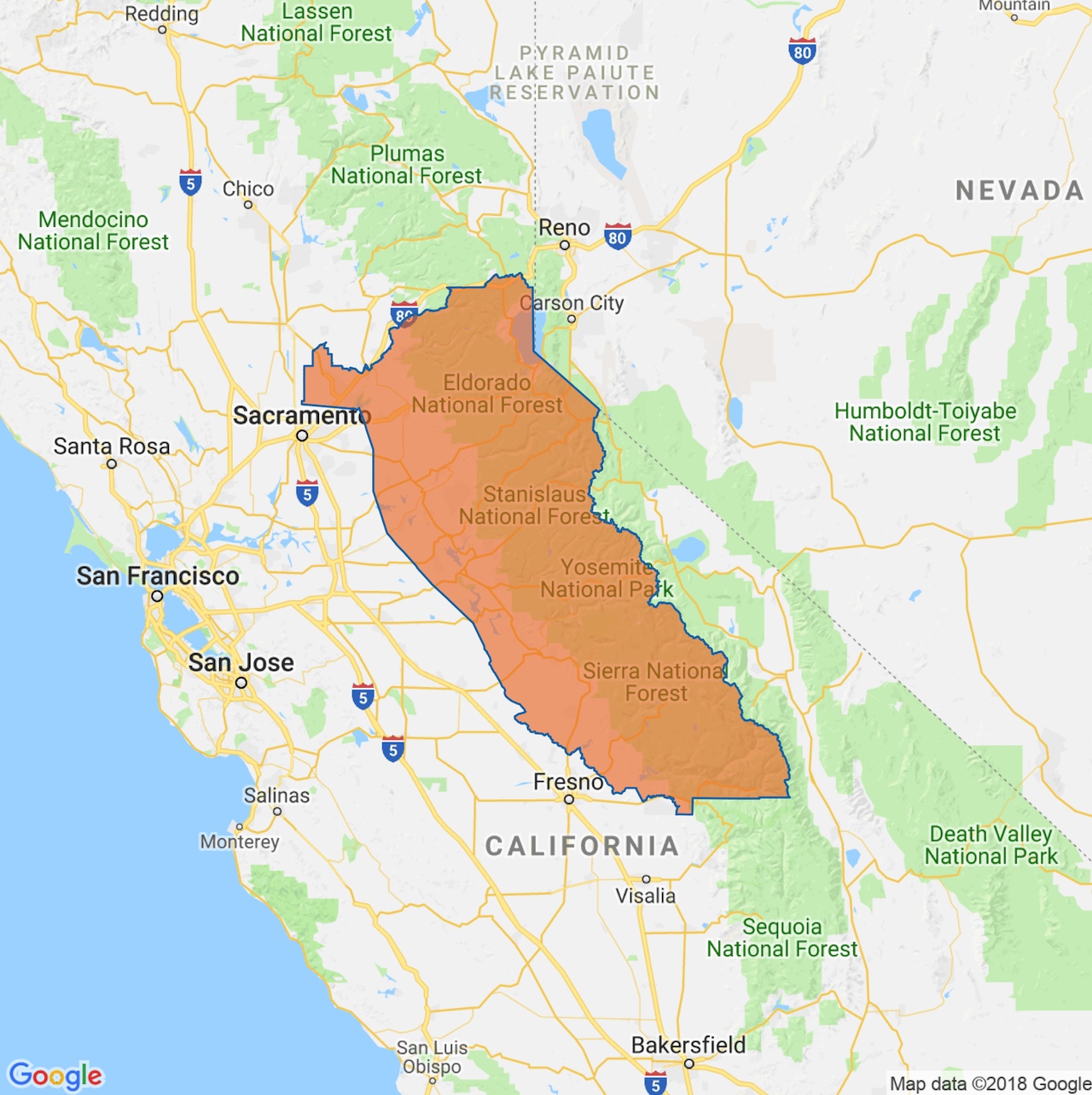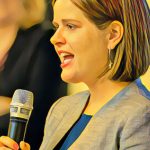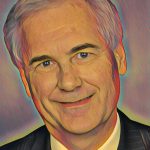

California Congressional District 4

Job Description
For the 116th time in history, the entire U.S. House of Representatives is hiring for all 435 positions.
Politically ambitious Californians have applied for one of 53 positions in the state’s congressional delegation. Duties include:
- Attend floor sessions and vote on bills
- Occasionally write bills
- Help investigate Russia’s interference in the 2016 election
- Help investigate the FBI’s investigation of Russia’s interference in the 2016 election
- Channel the concerns of the 700,000 or so people who live in their district and convince 434 other colleagues to care about them too
- Spend a lot of time asking donors for money
Applicants

Jessica Morse
Candidate for Congress

Tom McClintock
United States Representative
HR Note
Incumbent Party: Republican
Democratic vs Republican Voter Registration: 14.1% R
Trump vs Clinton Margin, 2016: 14.8% Trump
Congressional Margin of Victory in Last Election: 25.4%
Top Two Primary Applicants, June 2018: Tom McClintock (51.8%), Jessica Morse (20.3%)
Democratic vs Republican Vote Share, June 2018: 17.3% R
In 2016, Republican incumbent Tom McClintock held on to his seat with a healthy margin of over 25 percent. That’s about average for McClintock, whose district has more registered Republicans as a share of the electorate than any other. But hope springs eternal, especially if you’re a liberal in 2018.
Jessica Morse, a 36-year-old former State Department employee turned Democratic field organizer, has routinely outraised the incumbent McClintock, whom she skewers on the campaign trail for his support of the federal tax bill and for living outside the district. Morse has also called for more broadband access across the district and supports single-payer health insurance.
Still, Morse isn’t without her own share of vulnerabilities. During the primary, she was accused by another Democratic challenger, Regina Bateson, of overstating her role as a foreign policy advisor. Bateson’s team then successfully challenged the Morse’s use of “National Security Strategist” to describe herself on the June ballot—instead, voters saw blank space below her name.








